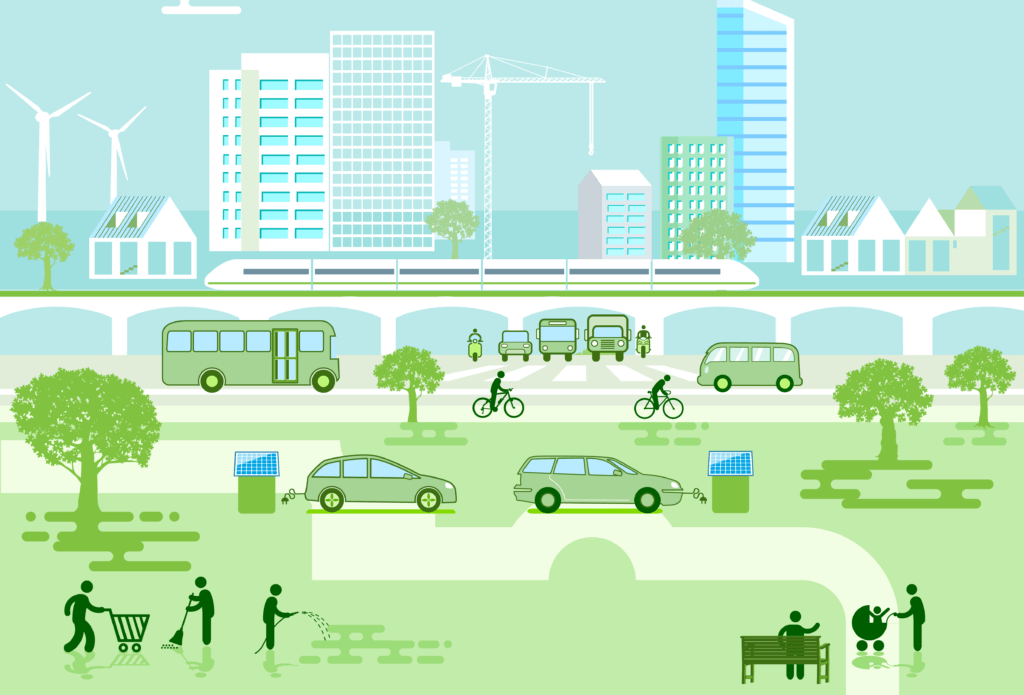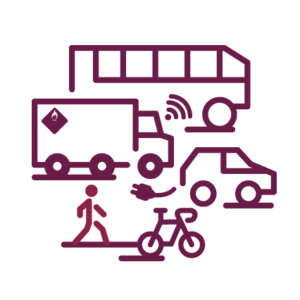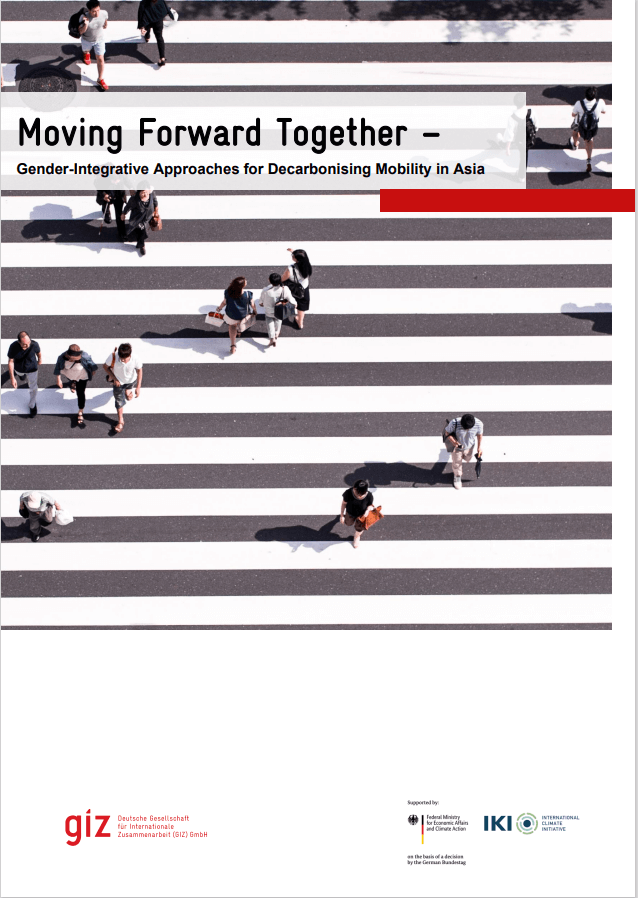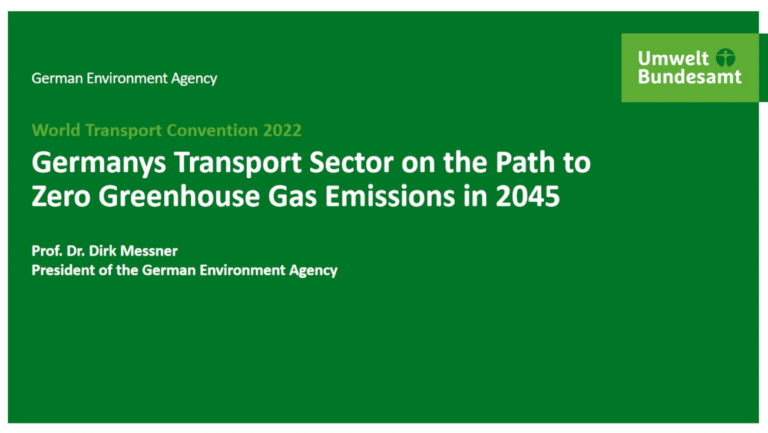Against the background of global climate change, cities around the world are under immense pressure to make their transport and mobility systems more sustainable and climate-friendly. Thanks to great advancements in technology including electro-mobility, shared mobility, autonomous driving and Big Data-based smart traffic management systems, opportunities are now available to make transport and mobility systems more efficient and sustainable. Along with these opportunities come the questions of understanding where the fields of transport and mobility are heading, and determining what is the most effective way to act against climate change in urban transport systems.
China’s capital city of Beijing, with over 21 million inhabitants, is striving to develop a future-oriented sustainable urban transport and mobility system to ease traffic congestion and alleviate air pollution, as well as achieve its dual carbon targets of 2030 carbon dioxide emission peaking and 2060 carbon neutrality, which were set by the Chinese government in 2020. To foster a debate between international experts on the future of sustainable transport and mobility, formulate a vision, and explore a roadmap for developing a sustainable urban transport and mobility system in Beijing, the Beijing Transport Institute (BTI), the Deutsche Gesellschaft für Internationale Zusammenarbeit (GIZ) GmbH and Agora Verkehrswende (Agora) jointly initiated the “Beijing Dialogue”.
Under the umbrella of the “Beijing Dialogue”, two workshops on future urban transport and mobility were held in November 2020 and June 2021 in Beijing, respectively. During the workshops, experts from industries, public sectors and academia debated on three themes: 1. “Vision of future urban transport & mobility: green, intelligent & shared”; 2. “Key infrastructures and technologies for future sustainable urban transport & mobility”, and; 3. “Implementation roadmap for future sustainable urban transport & mobility: policies, regulations, construction and governance”. Apart from the workshop series, the “Beijing Dialogue” also produced this report on Future Urban Transport and Mobility.
The result of the “Beijing Dialogue” is a vision for the future of urban transport and mobility in Beijing, which states that: “The future of urban transport and mobility in Beijing will be green, intelligent and shared”. Based on the vision, ten recommendations as key results of the “Beijing Dialogue” were put forward (see details of them in chapter 5) to support the policy-making institutions of Beijing in further developing the city’s transport and mobility systems in line with China’s 2030 and 2060 climate goals.
Key results of the “Beijing Dialogue”
1 The future of urban transport and mobility in Beijing must be green, intelligent and shared.
2 To strengthen the Beijing-Tianjin-Hebei (Jing-JinJi) city cluster, it is important to build integrated, resilient and multimodal transport networks.
3 Building functional mixed-use areas and realising the “15-minute city” is an effective way to improve the quality of urban life and reduce the total number of trips.
4 Against the background of changing demographic structures, urban transport needs to become more safe, accessible, convenient and comfortable.
5 Public transport must be the backbone of Beijing’s urban transport system and needs to be well integrated with other transit modes and mobility services.
6 Electrification is key to the decarbonisation of Beijing’s transport system and should be based on the integration of transport, energy and information sectors.
7 Digitalisation is key to the future development of sustainable and effective urban transport.
8 Multi-stakeholder cooperation is essential as there is no silver bullet to sustainable transport and mobility.
9 Guiding roadmaps are needed for achieving the vision of green, intelligent and shared urban transport in Beijing.
10 International exchange and cooperation are of great significance.





